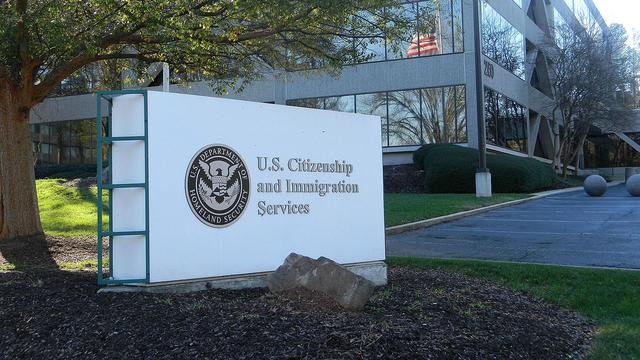Immigration is a politically charged topic in these times. Conversations and public policy debates are often filled with assumptions and misinformation about the people who seek to enter the United States from other countries.
At the same time, migration has been and always will be an essential part of our experience as individuals, in our communities and in our country.
Sorting through those conflicting factors is the goal of a two-year interdisciplinary workshop, “Migration and Migrants in Terrifying Times,” co-led by Associate Professor Ryan Allen of the Humphrey School of Public Affairs along with Sociology Professor Jack DeWaard, History Professor Erika Lee, and graduate student researchers Christopher Levesque and Allison Nobles.
The project began in 2018 after the research team received a grant from the University of Minnesota's Interdisciplinary Collaborative Workshop (ICW) program, which is designed to support collaborations among scholars in the College of Liberal Arts and throughout the University to intensively study a topic.
Allen, whose research focuses on immigration and its impacts on communities and the economy, says the time was right to take a closer look at immigration policy and the experiences of migrants themselves in the midst of anti-immigrant sentiment in the United States, western Europe, and Australia.
“The ‘terrifying times’ language in the title was meant to be read in a lot of different ways,” Allen says. “For many migrants, this is indeed terrifying as more nations are setting up barriers and impinging on their movements. It also refers to the rise of anti-immigrant policies being put into place around the globe.”
The project leaders chose different aspects of immigration as a focus in each of the four semesters: federal policy on immigration, Minnesota’s experience with immigrants, and xenophobia on a global level. The topic for this current semester is climate change and migration, but the activities have been suspended due to the coronavirus outbreak and will likely take place in the fall.
For each topic, the leaders arranged several small discussion sessions and one culminating event, all open to the University as well as the larger community.
“We wanted to create opportunities for people to reflect on and respond to actions that will have an impact on migration and migrants in the Twin Cities, Minnesota, and the rest of the country,” Allen says. “We focused on academic communities at the University of Minnesota and other institutions in the area, but also brought in practitioners who are out in the field working with immigrants. There are a lot of common interests and a lot of knowledge exchange that we thought would be helpful.”
In addition to the group discussions, Allen says the researchers worked together on various public outreach efforts, such as writing commentaries for local and national media outlets.
”People coming to the symposia have found others with common interests, and we’ve had spinoff research collaboratives come out of this,” he adds. “That’s an outcome that will last longer than the grant. The relationships that academics and practitioners built will also continue past the end of the grant. So this has been time well spent.”
One research collaboration that emerged from the program is an Immigration Court Observation Project, overseen by Sociology Professor Jack DeWaard, Law School Associate Professor Linus Chan, and graduate student researcher Christopher Levesque. They’ve recruited dozens of volunteers to sit in on immigration court proceedings in the Twin Cities and collect information on how well they’re working. The researchers have recently applied for a grant from the National Science Foundation to expand their project to other cities across the country.
Podcast: Learn more about the Immigration Court Observation Project


